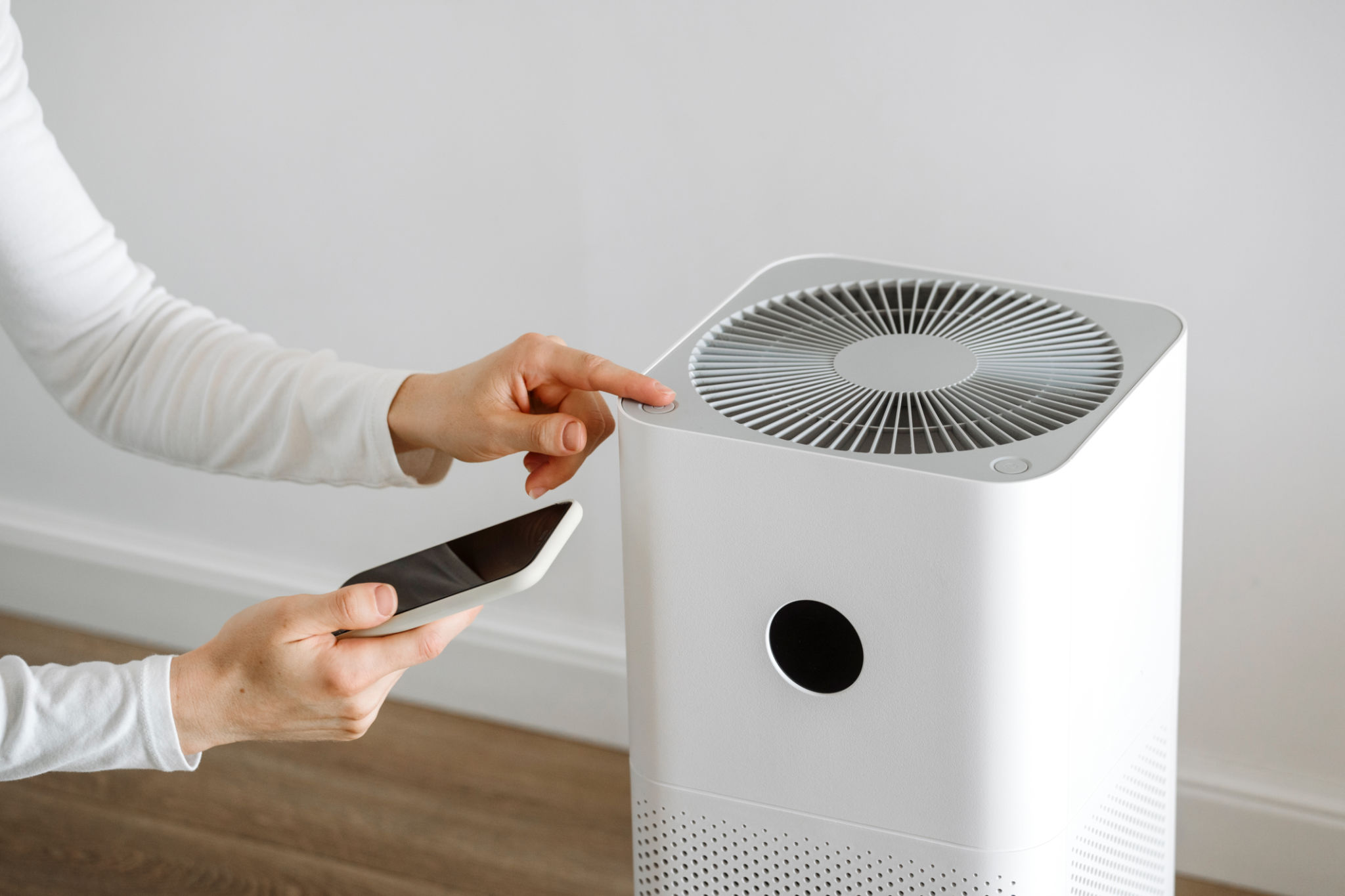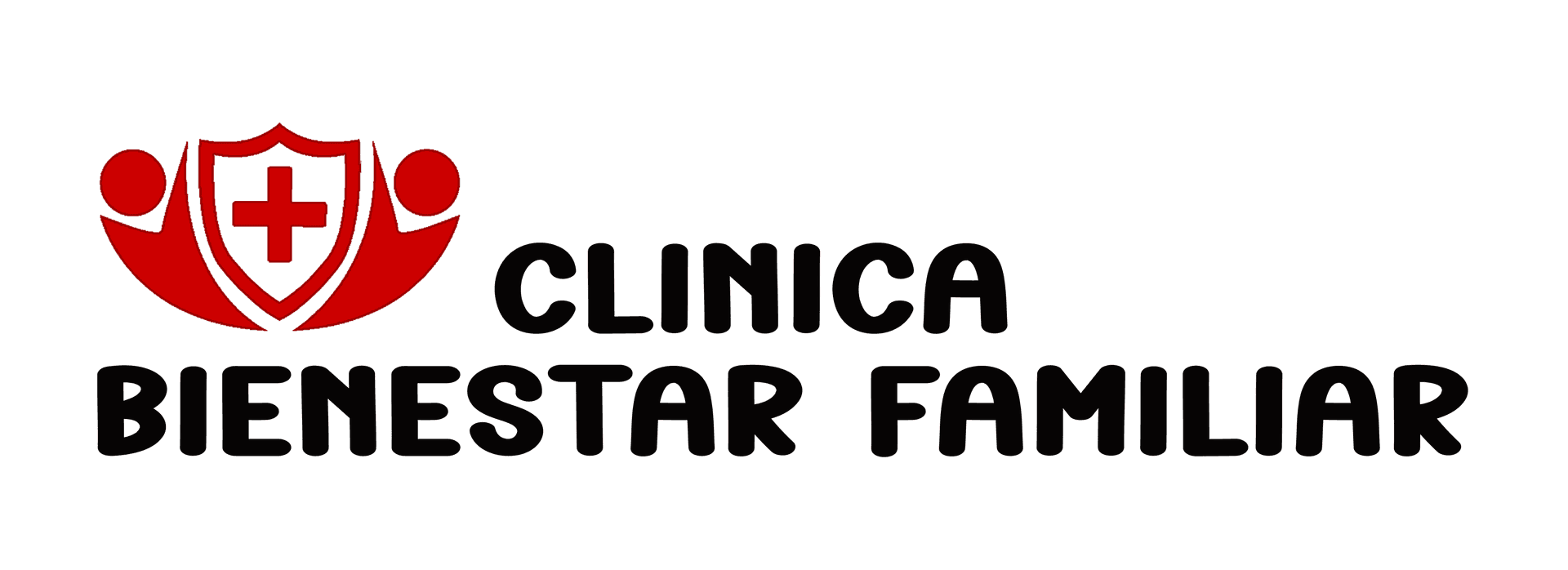Navigating Allergy Season: Effective Treatment Options in Arlington
Understanding Allergy Season in Arlington
Allergy season can be a challenging time for many residents in Arlington as pollen levels rise and allergens become more prevalent. The beautiful blooms that we all enjoy can also be the source of common allergies, causing discomfort and affecting daily life. Understanding the triggers and symptoms is the first step to managing allergies effectively.
In Arlington, the primary allergy seasons are spring and fall. During these times, tree, grass, and ragweed pollen are typically the most common allergens. The weather plays a significant role in allergy severity, with windy days often spreading pollen more widely.

Recognizing Allergy Symptoms
Common symptoms of seasonal allergies include sneezing, runny or stuffy nose, itchy eyes, and throat discomfort. It's essential to differentiate these symptoms from those of a common cold to seek appropriate treatment. Allergies usually persist for longer periods compared to colds and are often accompanied by itchy feelings.
Individuals with asthma may find that their condition worsens during allergy season due to allergens triggering respiratory issues. If you experience difficulty breathing or wheezing, it's crucial to consult with a healthcare professional for tailored advice.
Consulting Healthcare Professionals
Consulting with a healthcare provider is advisable for those who experience severe or persistent allergy symptoms. They can provide accurate diagnosis and suggest the most effective treatment options. Allergy testing may be recommended to identify specific allergens affecting you.

Over-the-Counter Solutions
For many people, over-the-counter (OTC) medications can provide relief from allergy symptoms. Options include antihistamines, decongestants, and nasal sprays. Antihistamines help reduce sneezing and itching, while decongestants relieve nasal congestion.
It's important to use these medications as directed and be aware of potential side effects such as drowsiness. Non-drowsy formulas can be beneficial for daytime use when staying alert is necessary.
Home Remedies and Lifestyle Changes
In addition to medication, some home remedies and lifestyle changes can help manage allergies effectively. Consider the following:
- Keeping windows closed during high pollen times to prevent allergens from entering your home.
- Using air purifiers with HEPA filters to reduce indoor allergens.
- Regularly washing bedding to remove allergens that may settle on fabrics.

Allergy Immunotherapy
For those with severe allergies that do not respond well to other treatments, allergy immunotherapy might be an option. This treatment involves regular injections or sublingual tablets containing small amounts of the allergen, gradually building tolerance over time.
This approach can provide long-term relief but requires a commitment to ongoing treatment sessions. Discussing this option with an allergist can help determine if it's the right choice for you.
Staying Informed and Prepared
Stay informed about local pollen forecasts and take proactive steps to minimize exposure during peak times. Utilize resources such as local weather apps or websites that provide up-to-date pollen data specific to Arlington.
By being prepared and understanding your options, you can navigate allergy season with greater ease and enjoy all that Arlington has to offer during this beautiful time of year.
